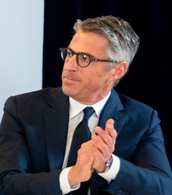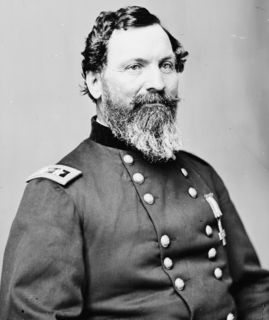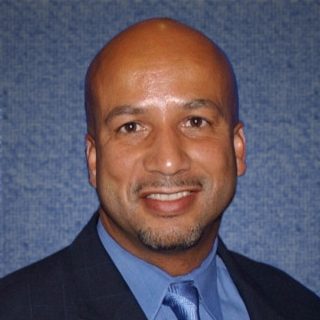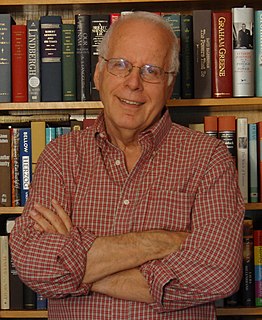A Quote by Casey Wasserman
I was willing to accept a bad reputation if I deserved it, but it was going to be based on my actions, not on anybody's history. I'm not running from my family - I couldn't embrace my family more. But I wanted to work in an industry where I could define myself, not be defined by my grandfather's history.
Related Quotes
My grandfather was a Holocaust survivor and his life and history were very formative to myself and my family. The almost unimaginable dichotomy between the different eras of his life always crushed my brain on some level. That this guy who was shoveling carob chips out of a barrel and restocking yogurt popsicles could also have those numbers on his arm. It was an inconceivable juxtaposition. His experience was the main window for our family into any kind of social consciousness, or sense of history, or politics, even though a lot of it went unsaid.
It was time to expect more of myself. Yet as I thought about happiness, I kept running up against paradoxes. I wanted to change myself but accept myself. I wanted to take myself less seriously -- and also more seriously. I wanted to use my time well, but I also wanted to wander, to play, to read at whim. I wanted to think about myself so I could forget myself. I was always on the edge of agitation; I wanted to let go of envy and anxiety about the future, yet keep my energy and ambition.
A writer represents his family history. My grandfather was a senator and my father served in the Roosevelt administration. In other words, I grew up in politics. This is why it seemed perfectly natural to take part in the battles of my time, and to participate in the writing of the history of my country.
I have to throw in on a personal note that I didn't like history when I was in high school. I didn't study history when I was in college, none at all, and only started to do graduate study when my children were going to graduate school. What first intrigued me was this desire to understand my family and put it in the context of American history. That makes history so appealing and so central to what I am trying to do.
In 1980, after 10 years at 'The Times,' I was at a crossroads in my personal life. I loved my family, but I was also so obsessive about my work that I found myself devoting more and more time to it. I wanted to be everywhere there was a good story, and that meant I had to choose between that and being with the family on important days.
You take somebody - one person has definitely got autism, you got another person that maybe has some of those traits and maybe there's some anxiety, depression, some epilepsy or something in the family history. Put them together, you're more likely to have a severely autistic kid than if you don't have any neurological problems in the family history.



































